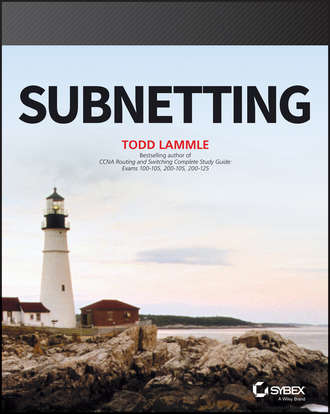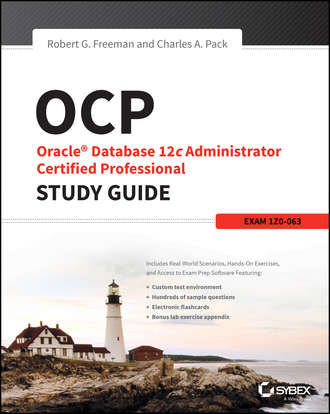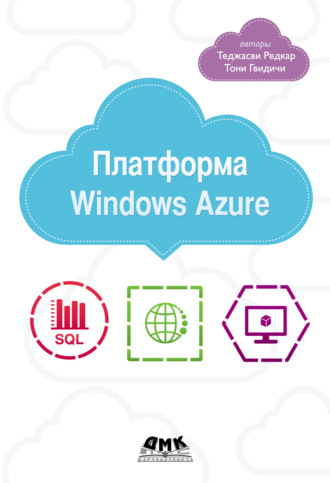Subnetting
Todd Lammle
Master the fundamental concept at the heart of professional networking Subnetting is the aspiring network professional’s guide to the concepts and practices at the core of the field. By dividing a single physical network into smaller subnetworks, you gain greater control of performance, access, and security. While the concept is simple, the actual practice is complex—yet it is an essential skill for networking professionals, and a major skill tested on the CCENT and CompTIA Network+ exams. This book shows you everything you need to know about constructing IP addresses, VSLM, and route summarization to help you build your skill set on a strong foundation. The IPv4 address has 32 bits available, which can be divided into host ID and network ID; the number of bits assigned to the network ID determines the balance between total subnetworks and devices allowed—the trick is determining the most efficient balance for a particular network. Subnetting allows you to borrow bits from the host to allow for more networks, and subnet masks are used to determine switching and routing priority. This book delves into the mechanisms and practices you need to know, including networking fundamentals, rules of IP addresses, supernetting, variable length subnet mask, IPv6, and more: Master the fundamental topic at the heart of the Cisco Certified Entry Networking Technician and CompTIA Network+ certifications Improve network performance using subnetworks to avoid high-usage “clogs” Utilize network partitioning to confine breaches or viruses and improve security Construct efficient solutions to problems of allocation and range With clear guidance from an industry expert and a practical perspective geared toward real-world situations, Subnetting offers an outstanding introduction to this essential foundational concept.
- Категория: зарубежная компьютерная литература
- Правообладатель: John Wiley & Sons Limited
- Возрастное ограничение: 0+
- ISBN: 9781119471752
- Легальная стоимость: 1529.36 руб.





